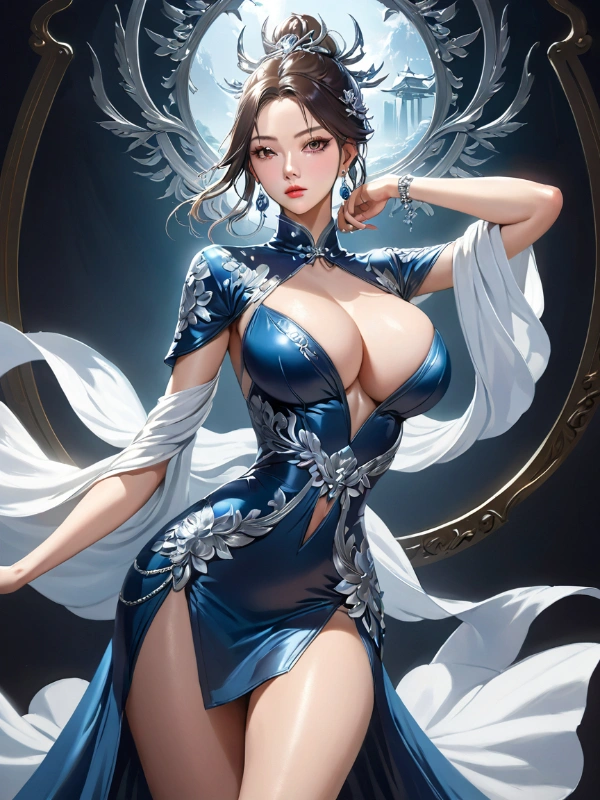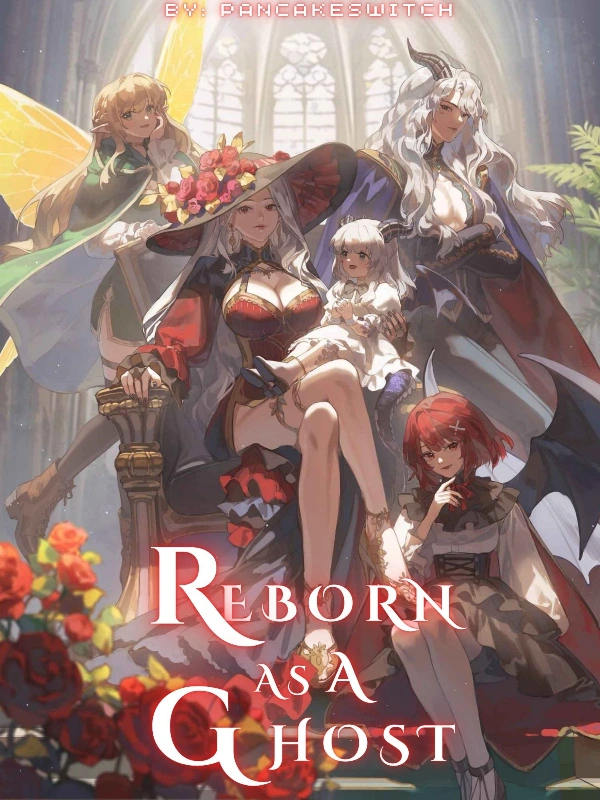Nathan merely nodded, unaffected by her wonder, though he noted the glint of newfound resolve in her eyes. Wrapping a cloth around her head to shield her face from prying eyes, he lifted her effortlessly onto his shoulder. With practiced silence, he moved through the tent’s exit, his movements swift and precise as they slipped away into the night.
Astynome clung to him, her thoughts racing as she was carried out of the Greek encampment. With each step, her heart pounded, not just in fear but with a budding sense of freedom and possibility she had never imagined.
As Nathan emerged from Agamemnon’s tent, he wasted no time, striding briskly through the heart of the camp, his pace quick and deliberate. He knew Agamemnon could return at any moment—perhaps in a minute or two—and so he had to act quickly and decisively. The bustling camp was alive with the sounds of celebrating Greek soldiers, some singing loudly, others drinking heavily, their voices slurring in victorious revelry. Here, surrounded by warriors basking in the spoils of conquest, Nathan felt invisible, shielded by the anonymity of his disguise. To them, he was just another Spartan soldier, one of many dragging along the fruits of their brutal victory.
A few soldiers gave him passing glances, but no one looked at him with suspicion. They saw only another man leading his spoils—another trophy of flesh and blood to be taken and used. Such sights were tragically commonplace here; many women, stolen from their homes, were treated as little more than the spoils of Lyrnessus’s fall. The fabric clothing hiding Astynome’s face might have sparked a flicker of curiosity, but it was quickly dulled by the soldiers’ drunken haze, their minds far from anything that could be called reasoning.
Astynome on his shoulder shivered slightly, her eyes distant. Nathan heard her murmur a trembling whisper, “My father…”
The faintest hope flickered in her gaze, a fragile spark clinging to life amidst the crushing weight of despair. She had heard her father’s cry, that final agonizing scream, but perhaps some part of her still clung to the thought that it could have been a nightmare, a cruel trick of the mind.
“Dead,” Nathan replied, his voice a quiet and bitter edge in the night air.
He had watched Chryses in his last moments, had witnessed the priest’s anguished face as he’d reached out, calling in desperate hope for his daughter. Nathan had felt a pang of unexpected empathy as he’d watched him. The man had come this far, through peril and pain, for the love of his child—a sacrifice few would make without hesitation. That profound love lingered like a shadow in Nathan’s thoughts, resurfacing the memory of his own daughter, Sara, whom he had only learned about this very day, courtesy of Aisha.
Sara.
The name resonated within him, an echo of what could have been, a reflection of what he might have lost without ever knowing it. A heavy chill settled in his bones as he thought of her, a fierce surge of protectiveness that gnawed at his soul. If it had been Sara taken from him, held captive among these warriors, he would have torn through this camp without hesitation. Every soldier here would have felt the wrath of his vengeance; he would have unleashed devastation without mercy, burning, slashing, and striking down every last one until there was no breath left in his body.
His eyes darkened, as he thought of it. He understood now, on a raw, visceral level, what had driven Chryses to risk everything, to come so far and face death with a father’s unwavering love. In that instant, Nathan felt a kinship with the fallen man, a recognition of the love that binds parent to child—a bond that could make even the most ordinary soul brave death itself.
Perhaps that was why, despite everything, Nathan found himself unable to brush aside the memory of Chryses.
At last maybe he had another reason however small it was to save Astynome at least in respect to this father who was very different from Nathan’s own father.
“He would have probably abandoned and waited for me to get out of the situation with my own hands,” Nathan thought inwardly.
Astynome fell silent, absorbing the weight of Nathan’s confirmation. Her father was dead. The man who had raised her, who had loved her beyond measure, was gone. In the hollow silence that settled between them, Nathan turned his attention to the task at hand. With measured steps, he made his way toward the area where a group of horses were lazily tethered, guarded only by a few weary soldiers who were distracted, reveling in their victory. This was the ideal moment; they were drunk, complacent, and their minds wandered far from any hint of caution.
He picked a sturdy horse with a coat as dark as midnight, its eyes calm but alert, seemingly aware of the urgency in Nathan’s touch. He carefully helped Astynome up into the saddle, ensuring she was secure. “Wait here. I’ll be back,” he instructed, his voice low and steady.
“Wait…” Astynome’s fingers wrapped around his arm, her grip unexpectedly firm. He turned, caught off guard by the desperation in her gaze.
“You… you will be back, won’t you? You’re not going to abandon me here?” she asked, her voice a fragile thread, trembling yet serious. Beneath her question was a fear as raw and open as a fresh wound—a fear of being abandoned once more, left to fend for herself in a world that seemed determined to strip her of everything.
Nathan’s expression hardened a flicker of understanding crossing his features. Perhaps it was the loss of her father, the devastation of being torn from her home, or the abandonment by those she had once trusted, even by the god who had once watched over her. Now, in a strange twist of fate, she clung to him, the man who had taken her from everything she had known, yet who represented her last anchor in an unpredictable, terrifying future.
“I will be back,” he said. “Wait here.”
With a final nod, he turned and disappeared into the darkness, leaving Astynome behind. The weight of her gaze lingered on his back as he slipped away.
Nathan’s mind shifted to his plan, his focus narrowing on the task ahead. It was a reckless notion—intruding into the heart of the Greek camp—but necessary. Even if he managed to save Astynome, questions would arise, suspicions would stir. The Trojans might wonder why a lone soldier would risk himself for a captive woman, and he knew he couldn’t afford unnecessary attention. To divert their suspicions, he intended to leave them with something much more pressing to worry about—a small disaster of his own making.
He had overheard loose-lipped soldiers bragging drunkenly about a certain vessel moored just offshore, one laden with weapons—thousands of spears, swords, and shields, all awaiting the next march of war. The boat was a prized asset, its deck brimming with the tools of death and destruction that kept the Greeks’ campaign alive.
Nathan moved swiftly, locating a pouch which he filled with oil, its thick, viscous weight promising devastation. He then picked up a lance, its shaft weathered and heavy in his hand. Dipping the tip in oil and setting it ablaze, he positioned himself at a calculated distance from the boat. It sat anchored, rocking gently with the tide, silhouetted against the shimmering water.
Squinting against the darkness, he focused, steadying his breath, channeling every ounce of his strength into his throw. With a powerful swing, he hurled the lance, watching it slice through the night sky in a perfect arc before plunging into the deck of the ship.
For a heartbeat, nothing happened. Then, with a hiss and crackle, flames began to lick at the wood, greedily spreading across the deck. The fire took hold, growing quickly as it devoured the oil-soaked planks, leaping higher with each passing second until the entire vessel was ablaze, a beacon of destruction against the quiet sea.
Despite the chaos unfolding, even if Agamemnon returned to discover Astynome missing, rage boiling as he barked commands and ordered his men to search, there would be something far graver demanding his attention. A low rumble of alarm swept through the camp as a plume of dark smoke billowed high against the night sky, and the acrid scent of burning wood wafted over the tents and sleeping soldiers.
“Hey, look!” one soldier shouted, wide-eyed and pointing toward the shore.
“No way! One of our boats!” another cried, his voice rising with panic.
“It’s on fire! Come on, men!” yelled yet another, and soon a group of Greeks, their drunkenness forgotten, stumbled and ran toward the docks, eyes fixed on the smoldering ship. The flames had spread rapidly, casting a fiery glow across the waters and illuminating the stunned faces of the soldiers as they stood, helpless, watching one of their most vital cargo vessels—the one laden with weapons—crackling and splitting as the fire consumed it.
Nathan watched from the shadows, his smirk barely visible in the dim light. The scent of burning oil and wood, the shouts of panicked soldiers—this was his distraction, his calculated chaos. In the commotion, he slipped through the camp’s edge, disappearing from sight and making his way to where Astynome waited, her gaze transfixed by the inferno lighting the distant shore. The orange glow reflected in her eyes, flickering with a mix of shock and awe. She knew, without a doubt, that Nathan was responsible for the flames dancing across the night, destroying what the Greeks had prized.
A question flickered across her mind, unspoken but heavy with wonder: How was he capable of such audacity? How could he kidnap her from Agamemnon’s clutches and set one of their most valuable boats ablaze—all without a trace of fear? If she knew that Nathan had purposefully chosen one of Agamemnon’s own ships, she would be even more astonished, realizing the exact depth of his cunning. Agamemnon’s day, one that had begun in triumph, had indeed twisted into a nightmare.
“Let’s go.” Nathan’s voice snapped her from her thoughts as he swung onto the horse in front of her, offering her a steadying hand. Astynome climbed up behind him, her fingers gripping his sides as he tapped the horse’s flanks, and they surged forward, breaking into a swift gallop away from the camp, leaving only the glowing fire and distant shouts behind them.
They rode into the night, the cool wind whipping around them as the Greek camp dwindled into the darkness behind. With each hoofbeat, they drew closer to Troy, where Nathan’s true battle awaited. The struggle for Troy, the heart of a war that had ensnared them all, loomed ahead. For Nathan, this was just the beginning; Troy was where the final, true clash would take place, where fate would demand everything from him.



















